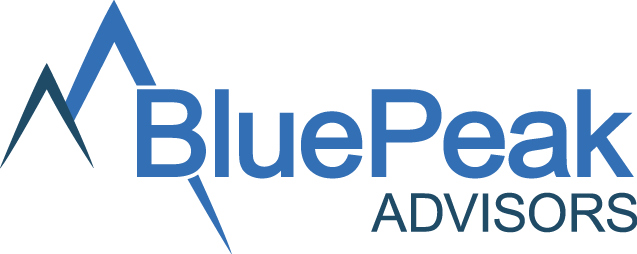CMS issued a Fraud Alert on COVID-19 schemes on March 23 and additional guidance was released via HPMS on April 1st. On April 16th, the National Health Care Fraud Anti-Fraud Association (NHCAA) conducted a webinar hosted by the Office of Inspector General (OIG) outlining fraud schemes that are directly tied to the COVID-19 pandemic. A theme of this presentation was that what was old is new again as we continue to see fraudsters repurpose frauds of the past and tweak them to the current times. Unfortunately, these schemes are designed to target our elderly and vulnerable populations and are feeding on the fear and isolation of COVID-19 to perpetrate the schemes.
These schemes are not targeting specific areas of the country but are being seen nationwide to include our US territories. There has been an increase of the use of social media and cold calls to members for each of the schemes outlined below:
Identity Theft
- Cold calls to members, bait and click schemes on the internet, Facebook Ads and face to face solicitation in front of stores are all ways that fraudsters are obtaining this information
- Offering “Medicare Approved Emergency Kits” that contain masks, hand sanitizer, gloves and wipes
- Member gives credit card information for the co-pay
- Member gives personal information to include their Medicare Beneficiary Identification (MBI)
- Kits are not received, MBI and credit card information is sold on the darknet
- Members may receive durable medical equipment (DME) products such as back or knee braces instead of the kits
- Offering “Medicare Approved Emergency Kits” that contain masks, hand sanitizer, gloves and wipes
Telemedicine
Due to the relaxed regulatory environment around telemedicine there has been an increase in suspicious activity especially with upcoding of services and new to market telemedicine companies that do not have licensed or have under licensed staff taking calls.
Laboratory Services
Due to the reimbursement rate for the COVID tests being a low value ($100 per test) there has been an increase of add on codes to inflate costs. The most common add ons are the Repository Panel (RPP) tests using HCPC 87631-3 ($2,500-$3,000 per person). There has also been an increase in concerns over the quality and validity of the testing. Tests are being illegally imported from China and labs are self-validating the tests without using proper controls. Finally, there have been schemes around selling home test kits which have not been approved.
Procurement Fraud
With the demand for supplies and medication, there has been significant price gouging. Face masks previously cost $.51 and are now selling for $5-7 each. Illegally imported face masks are being sold that do not meet the quality guidelines and could be putting our health professionals and members at risk. Numerous cases of fake websites to track the virus are putting malware on computers and/or phones. Many healthcare facilities are dealing with supplies being stolen and sold on the darknet.
Pharmaceutical
Cases of medications being hoarded and doctors prescribing medications for family members are on the rise. The medications currently being used to treat COVID-19, chloroquine and hydroxychloroquine, are being used in small doses. Larger doses have been shown to have serious cardiac side effects.
In addition, with the relaxing of regulations on opioid prescribing there has been an increase of doctors prescribing opioid for new patients and patients out of their local area. This has resulted in a spike of overall prescriptions which can lead to diversion and an increase of overdoses.
What can plans and health care providers do?
- Communicate with members.
- Consider a newsletter article that brings awareness to the issue
- Remind your membership not to give out personal information over the phone
- Use only reputable telemedicine companies
- Review the data you are receiving. For example:
- Review for non-essential services happening all day, every day (knee surgeries, root canals)
- Review labs that have COVID-19 testing with additional high cost tests
- Review telemedicine claims. Is the service appropriate to be done via telemedicine. Does the timing make sense?
- Validate chloroquine and hydroxychloroquine claims that have 60/90 days supply with refills
- Review member complaints for potential fraud related concerns
